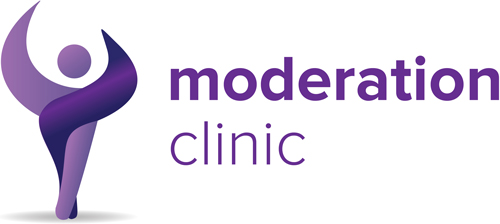Anxiety is a natural stress response, but when left unchecked, it can become overwhelming, impacting every aspect of our lives.
One common coping strategy that individuals use to manage anxiety is avoidance. While avoidance may provide temporary relief, it perpetuates a cycle of fear and limitation. In this blog, we explore the use of avoidance as a coping strategy for anxiety and offer guidance on how to break free from its grip.
Understanding Avoidance
Avoidance involves deliberately avoiding situations, activities, or thoughts that trigger feelings of anxiety or discomfort. Whether it’s avoiding social gatherings, procrastinating on tasks, or suppressing intrusive thoughts, avoidance allows us to sidestep immediate feelings of fear or distress. However, in the long run, avoidance only serves to reinforce our anxiety by preventing us from confronting and overcoming our fears.
The Cycle of Avoidance
The use of avoidance as a coping strategy creates a vicious cycle that traps us in a state of chronic anxiety. When we avoid situations that trigger anxiety, we miss out on opportunities for growth and mastery, leading to a sense of powerlessness and self-doubt. This, in turn, reinforces our belief that we cannot cope with challenging situations, further fueling our anxiety and perpetuating the cycle of avoidance.
The Cost of Avoidance
While avoidance may provide temporary relief from anxiety, it comes at a steep cost. By avoiding challenging situations, we miss out on opportunities for personal and professional growth, strain our relationships, and limit our ability to live fulfilling lives. Over time, avoidance can lead to feelings of isolation, low self-esteem, and depression, exacerbating our anxiety and diminishing our overall well-being.
Breaking Free from Avoidance
The first step in overcoming avoidance is to recognise its impact on our lives and acknowledge how it may be contributing to our anxiety. By becoming aware of our avoidance patterns, we can begin to challenge them and gradually expose ourselves to the situations we fear. This process, known as exposure therapy, allows us to confront our fears in a controlled and supportive environment, gradually building our confidence and resilience.
Cultivating Coping Skills
In addition to exposure therapy, many coping skills can help us manage anxiety in healthier ways. Mindfulness techniques, such as deep breathing and progressive muscle relaxation, can help us stay grounded and present in the face of anxiety. Cognitive-behavioural strategies, such as cognitive restructuring and thought-challenging, can help us identify and challenge irrational beliefs that contribute to our anxiety. By developing a toolbox of coping skills, we can build our capacity to face anxiety-provoking situations with courage and resilience.
Seeking Support
Finally, it’s important to remember that we don’t have to face our anxiety alone. Seeking support from a clinical psychologist can provide us with the guidance, validation, and encouragement we need to overcome avoidance and reclaim our lives. A clinical psychologist can help us identify the underlying causes of our anxiety, develop personalised coping strategies, and provide us with the support we need to navigate the challenges of recovery.
While avoidance may offer temporary relief from anxiety, it ultimately prevents us from living fully and authentically. By recognising how avoidance perpetuates our anxiety and taking proactive steps to confront our fears, we can break free from its grip and reclaim our lives. With courage, resilience, and the support of others, we can overcome avoidance and embrace a future filled with possibility and fulfilment.
Author: Dr Kevin Glisenti
